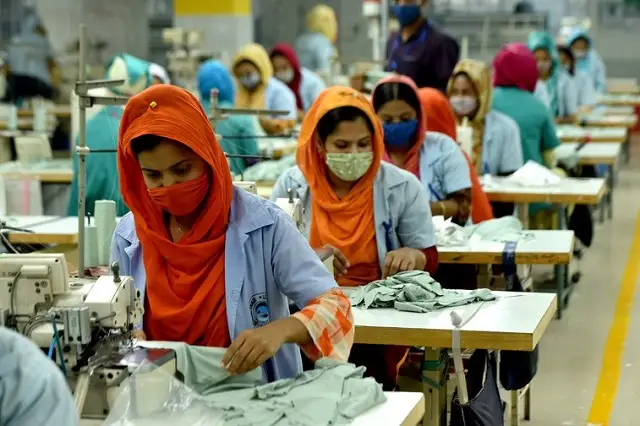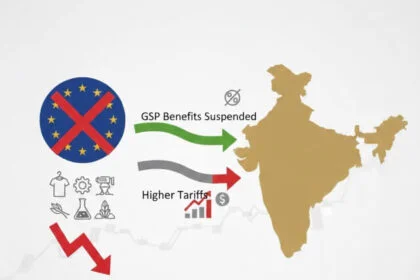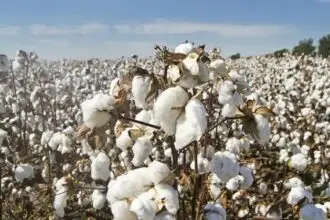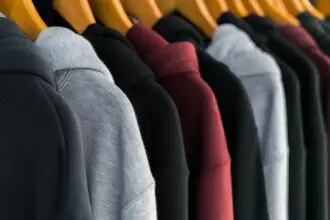Leaders of Bangladesh’s apparel export industry have called on the government to reinstate cash incentives to pre-January 2024 levels and eliminate cumbersome compliance procedures, arguing that current support has become ineffective as the country approaches graduation from Least Developed Country (LDC) status.
At a meeting held Sunday at the Bangladesh Secretariat and presided over by Finance Ministry official Rahima Begum, exporters pressed for the reinstatement of the local yarn incentive to 3.0 percent and the general export incentive to 1.0 percent. They also proposed to maintain them through 2029 under WTO transitional rules. These subsidies are permitted during a three-year grace period following LDC graduation.
Mohammad Hatem, President of the Bangladesh Knitwear Manufacturers and Exporters Association (BKMEA), highlighted the delay exporters face in receiving disbursements, which can stretch up to 18 months under current bureaucratic processes. He advocated for payments to be made at the proceeds realisation stage and criticised a mandate requiring audit-firm certification and the use of the term “composite” in forms—elements he said raise costs and exclude many manufacturers.
Industry representatives—including BGMEA Vice-President Md Shihab Uddoza Chowdhury and FBCCI’s Shah Md Abdul Khaleque—warned that competing export markets offer superior support, calling for alternative measures such as subsidies on utilities, wages, factory rent, tax waivers, or zero-tariff arrangements via bilateral government agreements.
The call comes as Bangladesh prepares for a phased elimination of cash incentives leading up to its scheduled LDC graduation in November 2026, in line with WTO restrictions on post-graduation subsidies. Exporters are voicing strong opposition to reforms initiated in January 2024, which reduced subsidy rates across 43 product categories from 1.0–15 percent to 0.3–10 percent.


